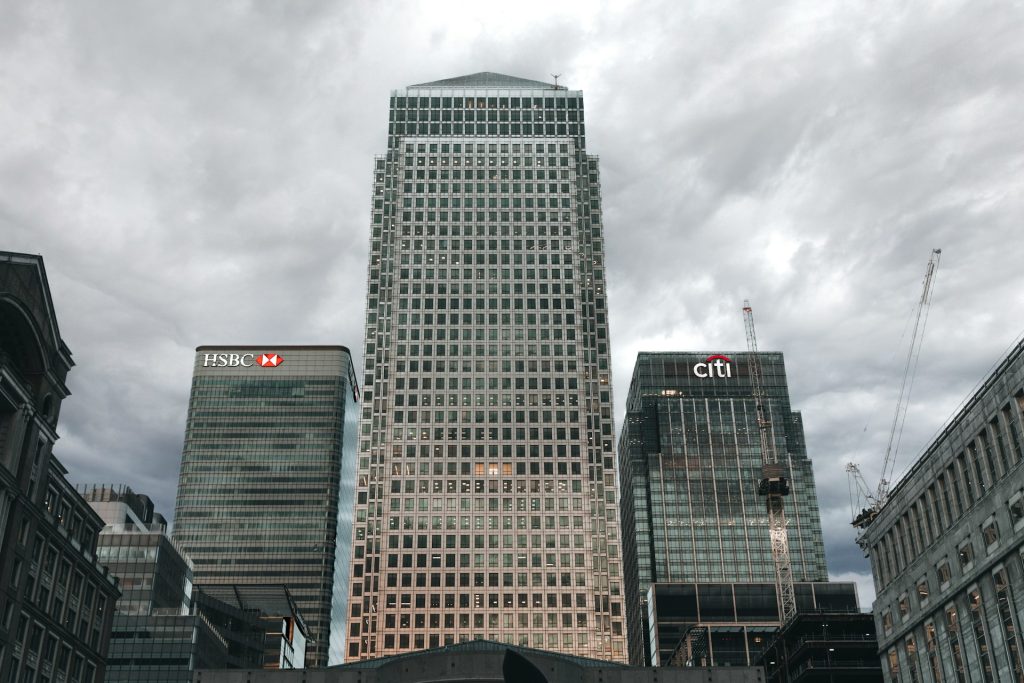
Bank accounts are supposed to be safe places for your money. You expect to have access to your funds when you need them. But sometimes, banks close accounts without warning. This can leave you confused, frustrated, and scrambling to pay bills or get your money back. It’s not just rare cases, either. Many people have faced this problem, and it can happen for reasons you might not expect. Knowing why banks close accounts can help you avoid trouble and protect your finances. Here are six times banks quietly close your account without warning—and what you can do about it.
1. Suspicious or Unusual Activity
Banks watch for anything that looks out of the ordinary. If your account suddenly has large deposits, frequent transfers, or activity that doesn’t match your usual spending, the bank may see this as a red flag. They use automated systems to spot possible fraud or money laundering. If your account gets flagged, the bank might freeze or close it right away. You may not get a call or email first. This is to protect both you and the bank, but it can be a shock if you’re not expecting it. If you know you’ll be making a big deposit or transfer, let your bank know ahead of time. This can help prevent misunderstandings and keep your account open.
2. Too Many Overdrafts or Negative Balances
Banks don’t like accounts that cost them money. If you often overdraw your account or keep a negative balance, the bank may decide it’s not worth the risk. Some banks have strict rules about how many times you can go into overdraft before they close your account. You might not get a warning. One day, you just can’t log in or use your debit card. To avoid this, keep track of your balance and set up alerts for low funds. If you’re struggling, talk to your bank about overdraft protection or other options.
3. Inactivity or Dormant Accounts
If you haven’t used your account in a long time, the bank may close it. This is called a dormant account. Banks don’t want to keep accounts open that aren’t being used, especially if there’s little or no money in them. Sometimes, they’re required by law to close inactive accounts and send the money to the state as unclaimed property. You might not notice until you try to use the account and find it’s gone. To keep your account active, make a small deposit or withdrawal every few months. Even a tiny transaction can keep your account from being marked as dormant.
4. Violating Bank Policies or Terms
Every bank has rules you agree to when you open an account. If you break those rules, the bank can close your account without warning. This could mean using your personal account for business, writing bad checks, or giving false information when you sign up. Sometimes, even letting someone else use your account can be a problem. Banks take these violations seriously because they can lead to legal trouble or financial loss. Always read the terms and conditions, even if they’re long. If you’re not sure about something, ask your bank before you act.
5. Suspected Fraud or Identity Theft
If the bank thinks your account is involved in fraud or identity theft, it will act fast. This could be because of a report from another bank, a government agency, or their own internal checks. You might not even know there’s a problem until your account is closed. The bank does this to protect itself and other customers. If you think your account was closed by mistake, contact your bank right away. You may need to provide documents to prove your identity and clear up any confusion.
6. Links to Sanctioned Countries or Individuals
Banks must follow strict rules about who they do business with. If your account is linked to a country or person under government sanctions, the bank may close it immediately. This can happen if you send or receive money from certain countries, or if your name matches someone on a government list. Sometimes, it’s just a mistake or a false match, but the bank won’t take chances. If you have family or business ties overseas, check the rules before sending money. This can help you avoid sudden account closures and legal headaches.
Protecting Yourself from Sudden Account Closures
Having your bank account closed without warning is stressful. It can mess up your finances and make it hard to pay bills or get your money. The best way to protect yourself is to know the rules and keep your account in good standing. Watch for signs of trouble, like letters from your bank or problems logging in. Keep your contact information up to date so the bank can reach you if there’s a problem. If your account is closed, act fast. Contact the bank, ask for an explanation, and find out how to get your money. Staying informed and proactive can help you avoid surprises and keep your money safe.
Have you ever had a bank close your account without warning? Share your story or tips in the comments below.
Read More
What Are Banks Really Doing With Your Personal Spending Data?
What Happens When a Joint Bank Account Owner Dies?
The post 6 Times Banks Quietly Close Your Account Without Warning appeared first on The Free Financial Advisor.







